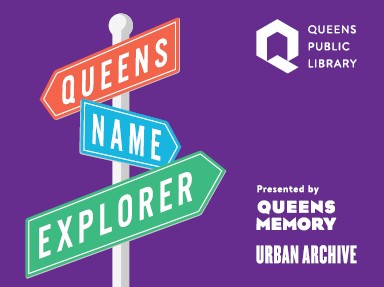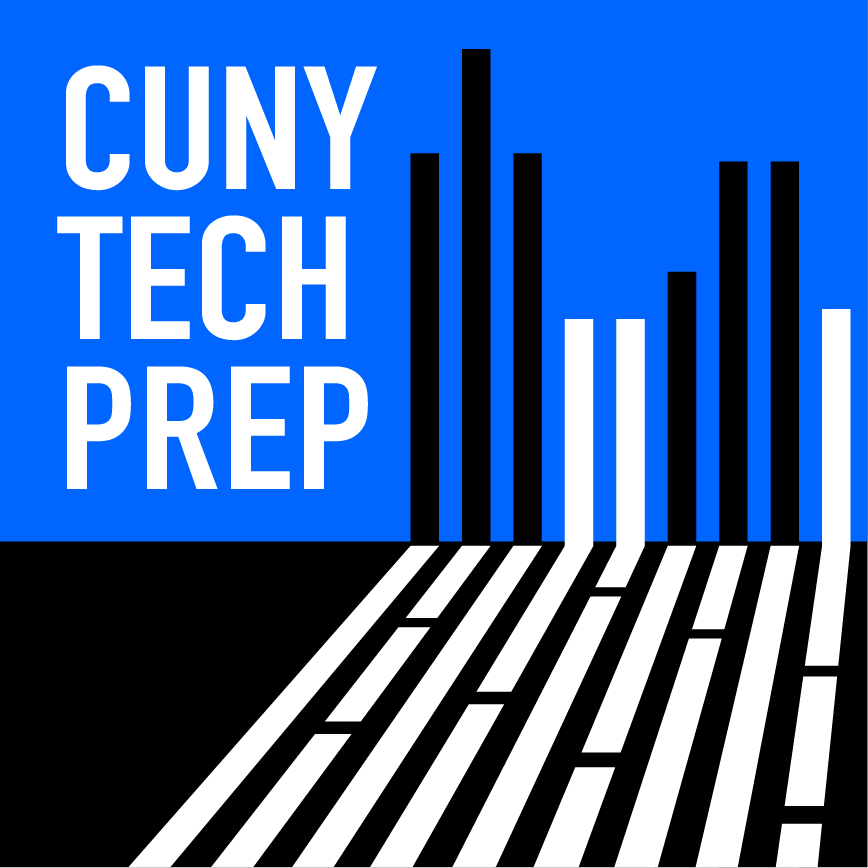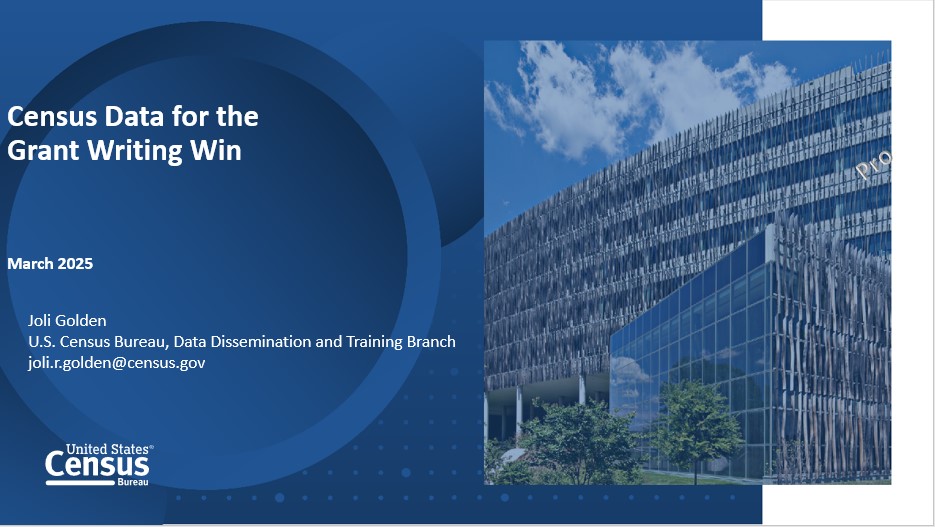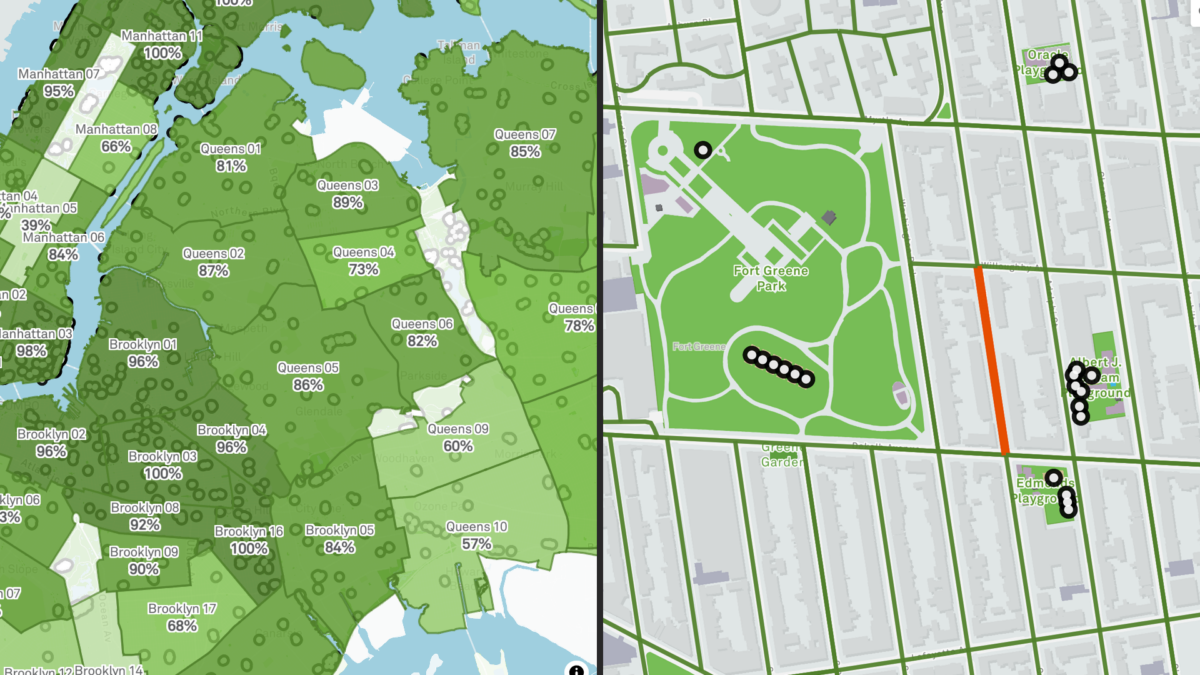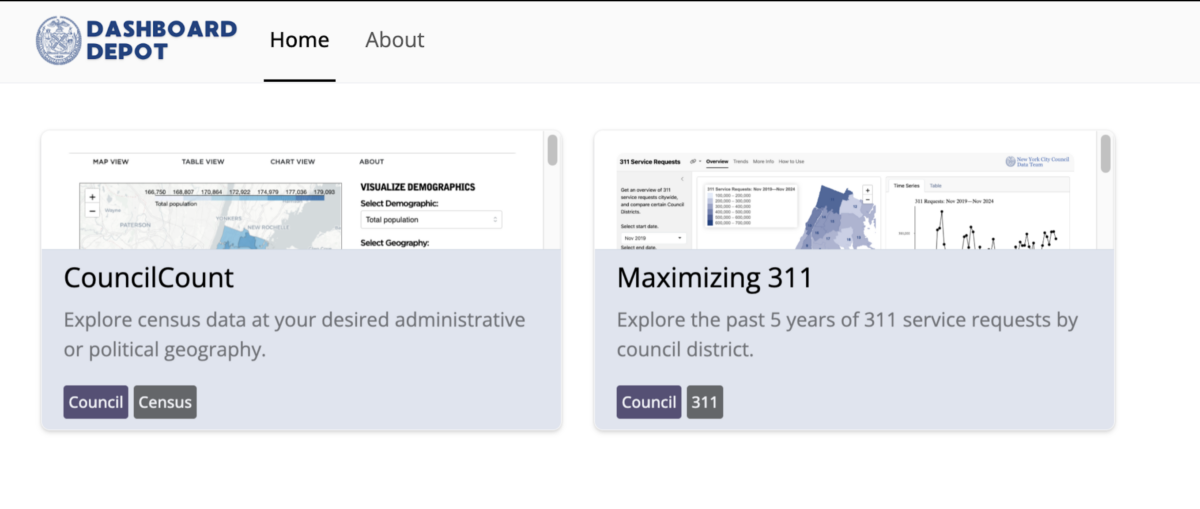Launched in 2022 as a collaboration between the Queens Memory Project at Queens Public Library and Urban Archive, the Queens Name Explorer is an interactive map with biographical profiles and personal remembrances spanning more than 1,200 places in the borough of Queens. Drawing on data from NYC’s Department of Parks, Department of Transportation, and others, the project offers a user-friendly way to explore local history, from looking up people by name or characteristics (such as by roles like musicians, activists, and politicians), “touring” a neighborhood and clicking on profiles, and using the information on the map to consider how practices of commemoration include and exclude individuals, communities, and their stories.
In this session, participants will gain insight into how civic data sources, original research, and public contributions can be used to highlight local history through creative approaches to personal biography.
Following this introduction, participants will be guided through a series of prompts to think about how named places can be a starting point for further explorations into local history. Participants will dig into the Name Explorer and consider how creative uses of civic data and research can be used for learning and commemoration.
